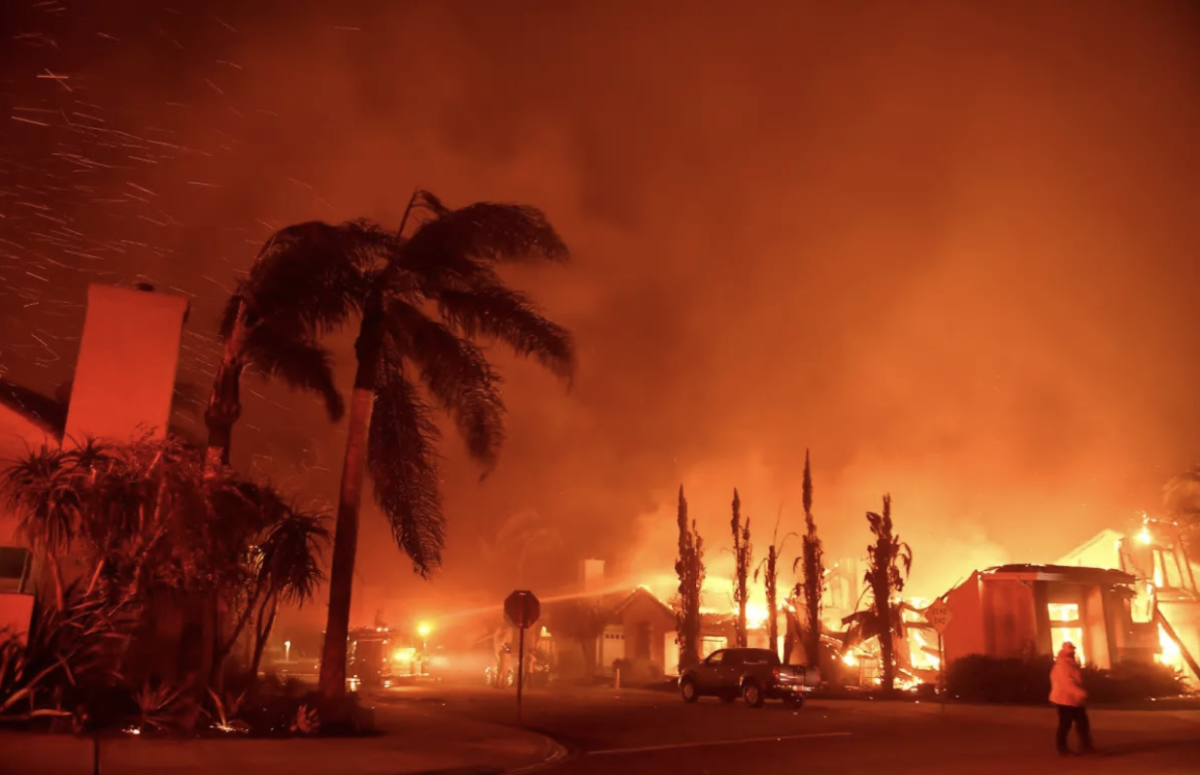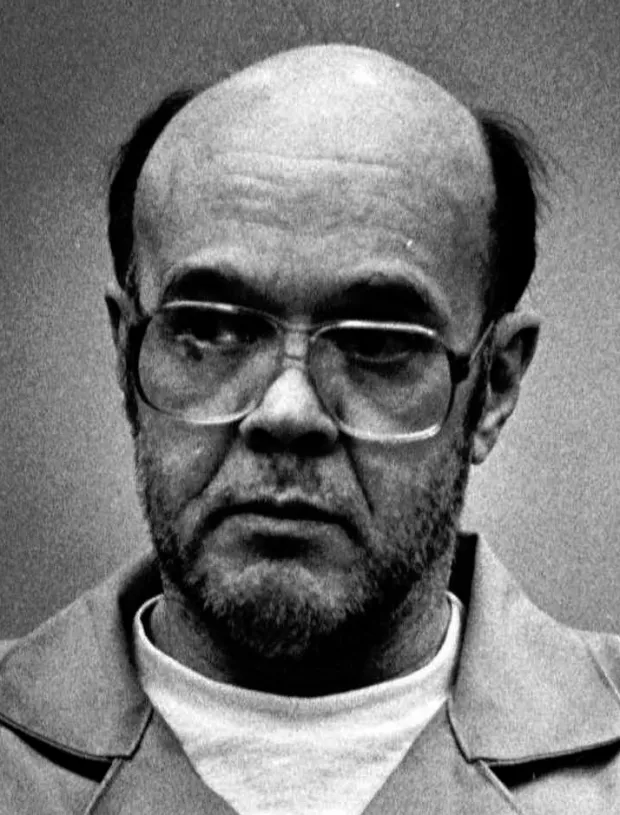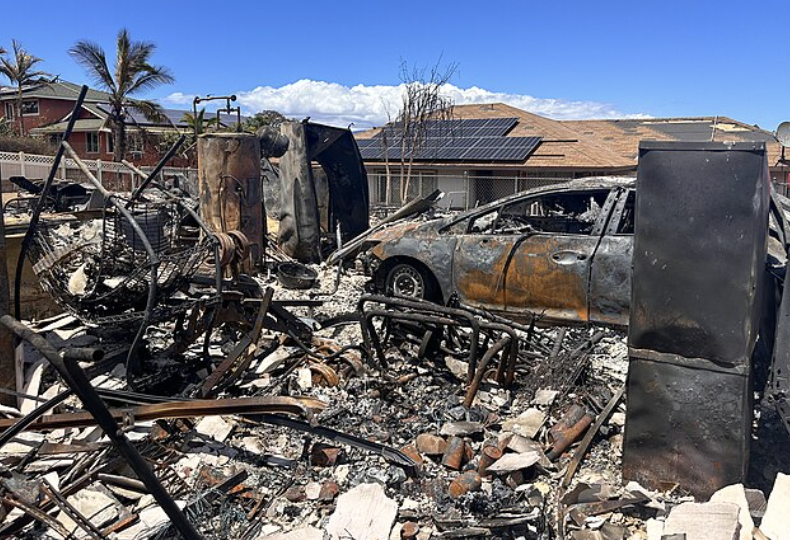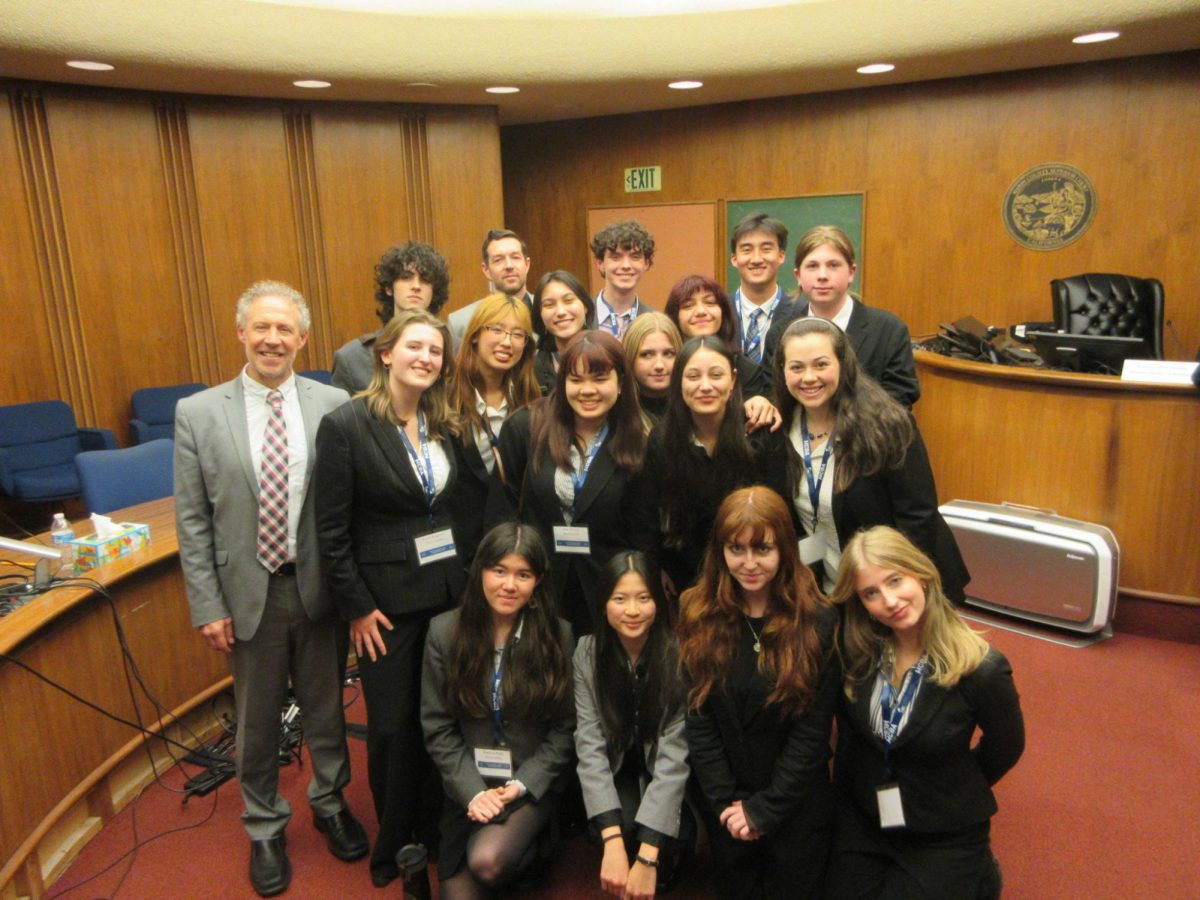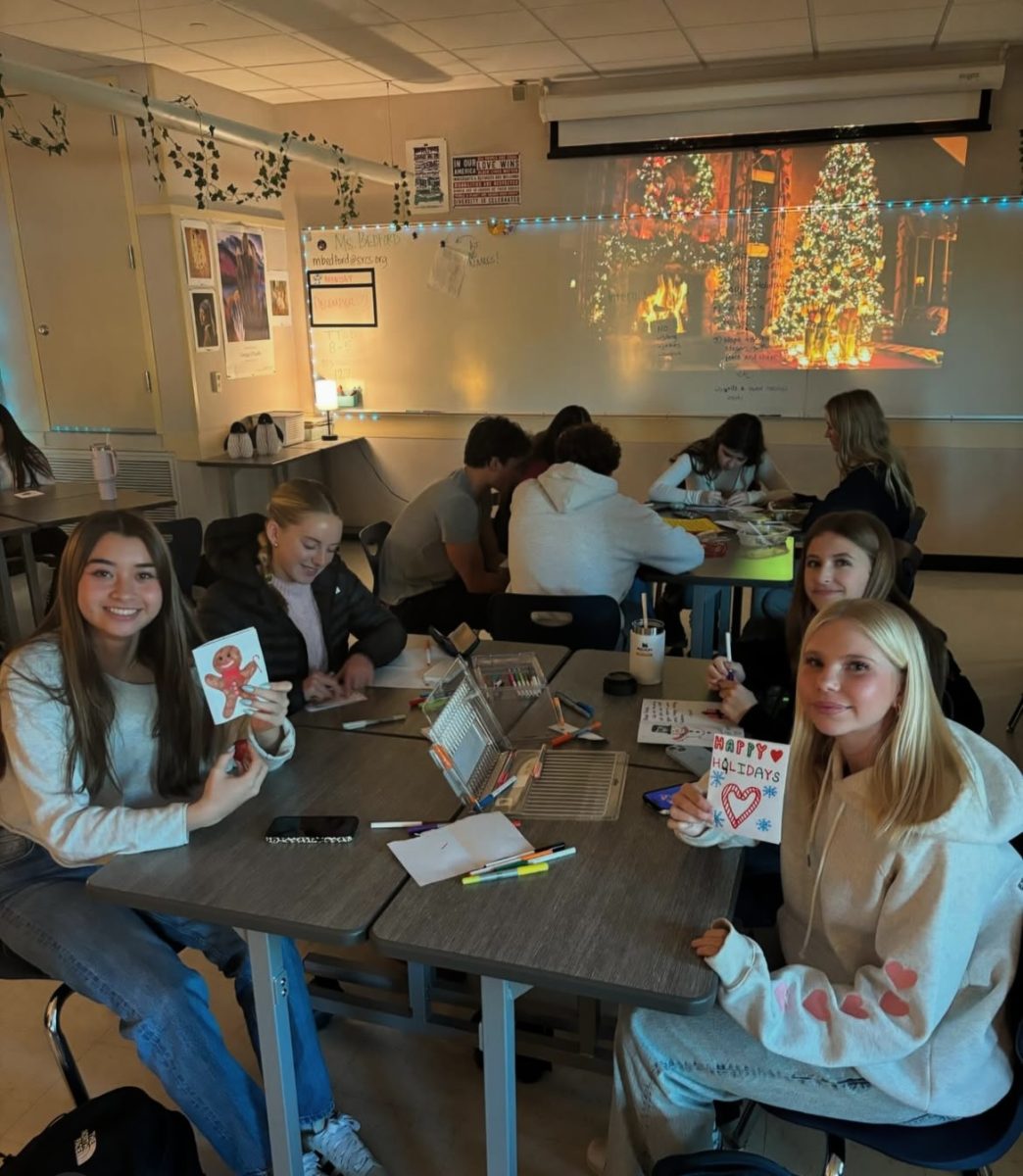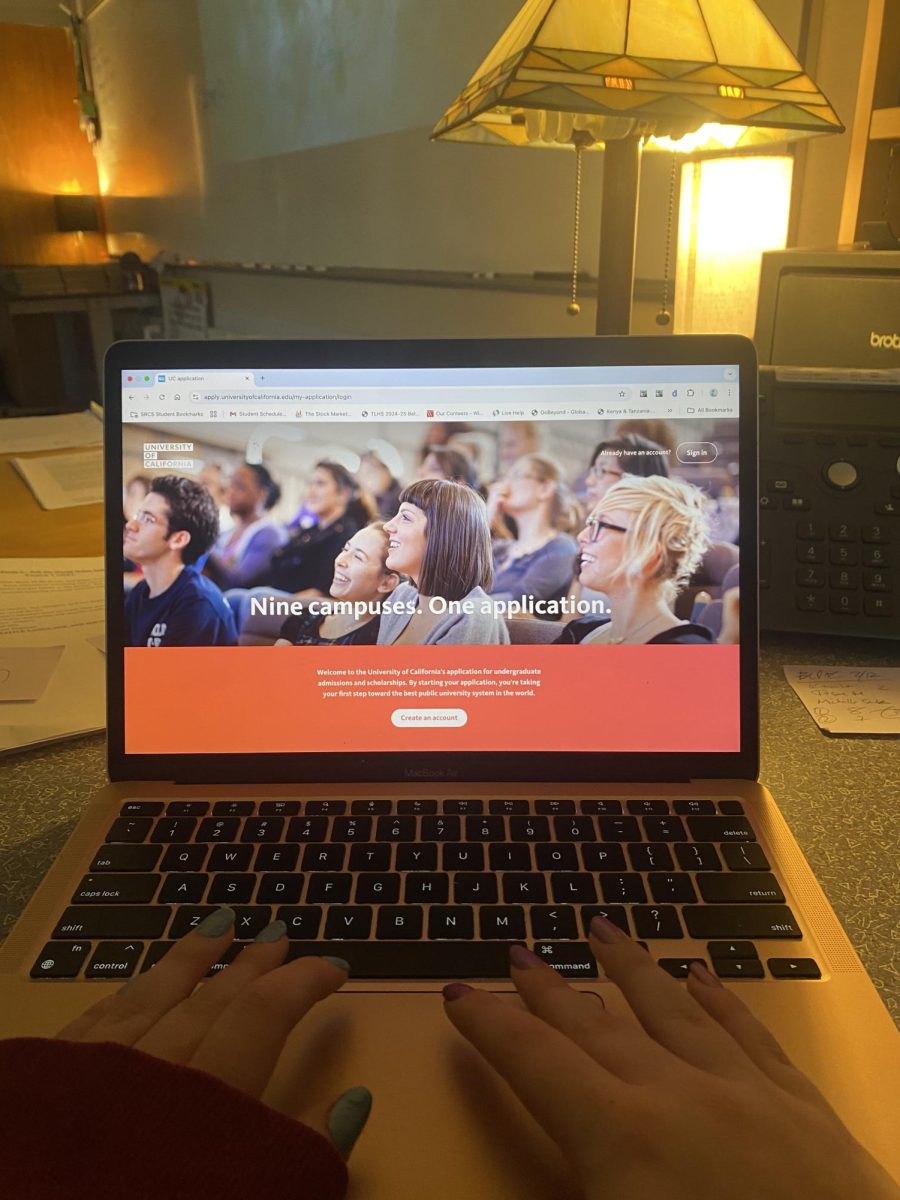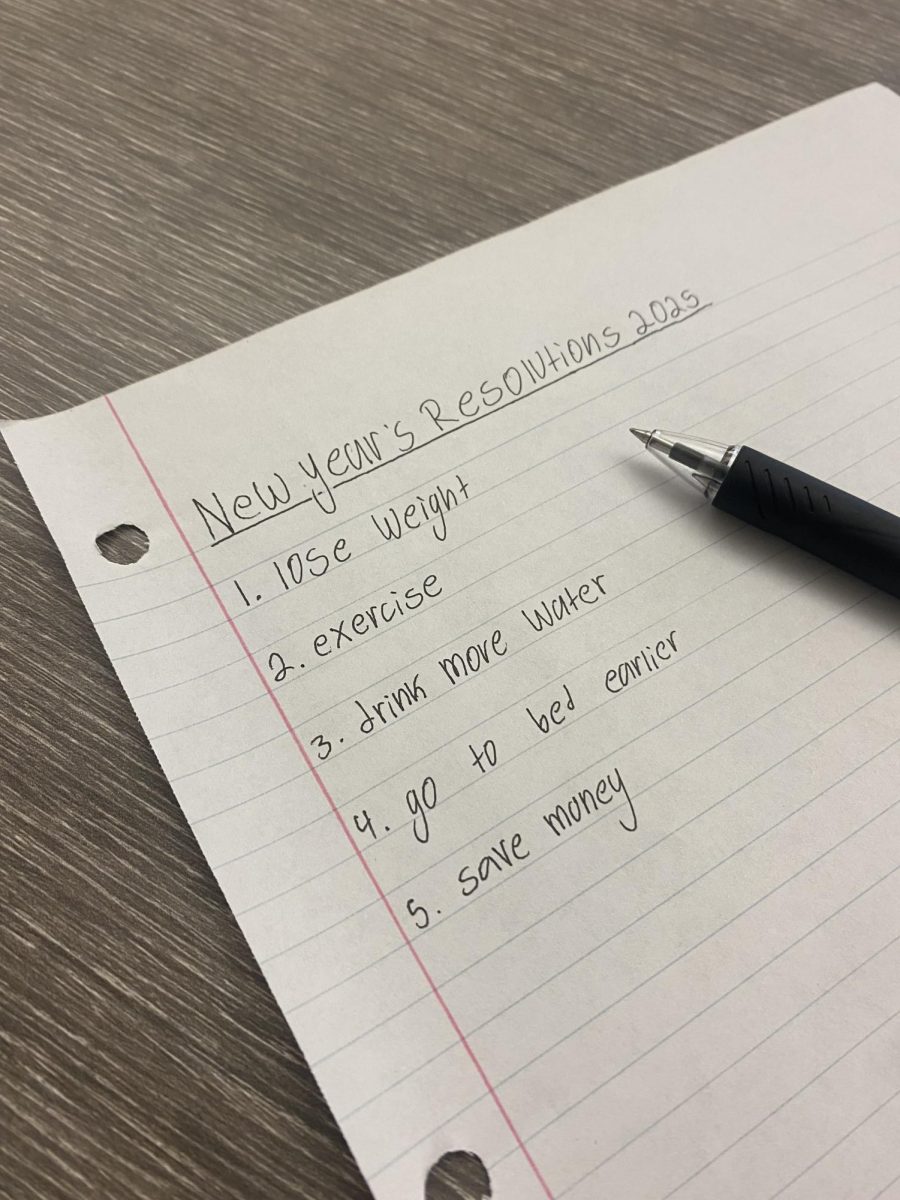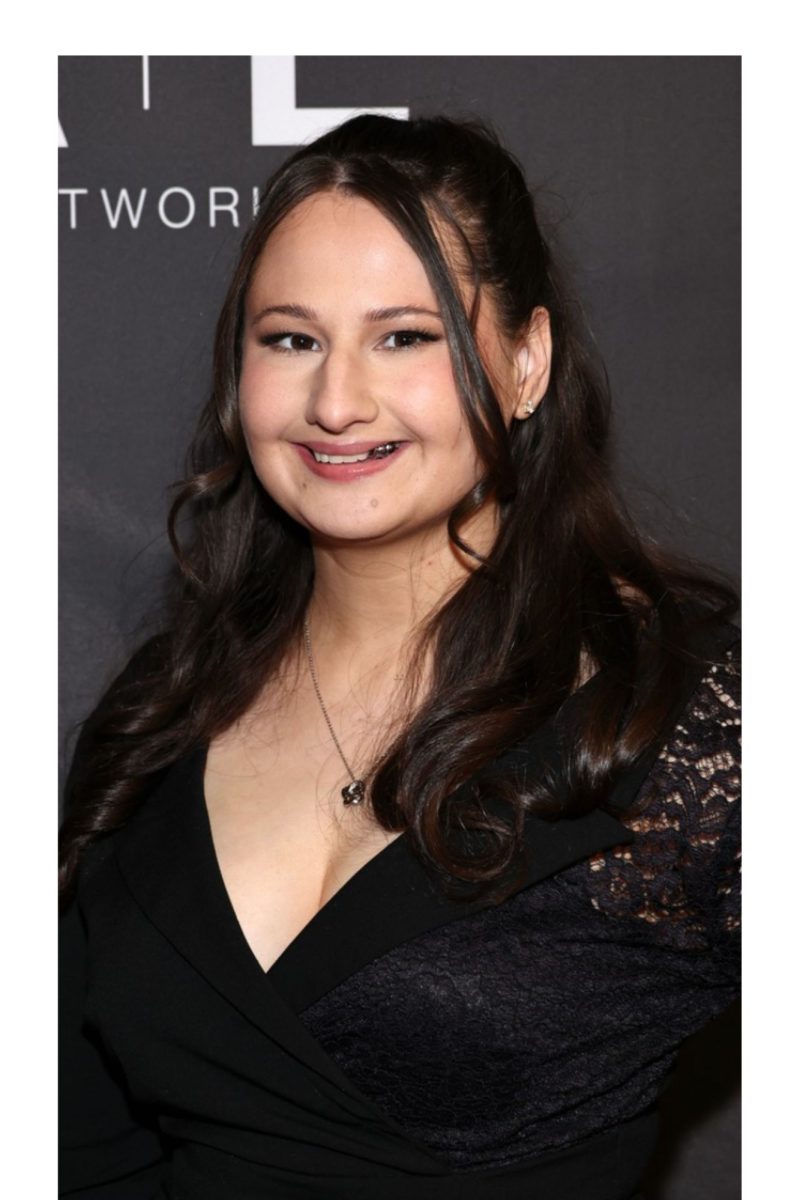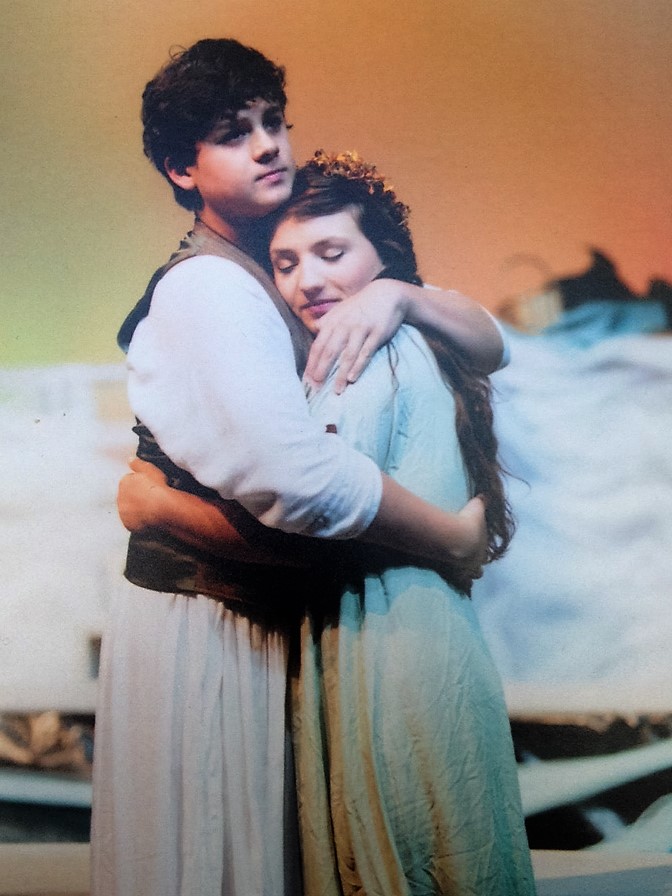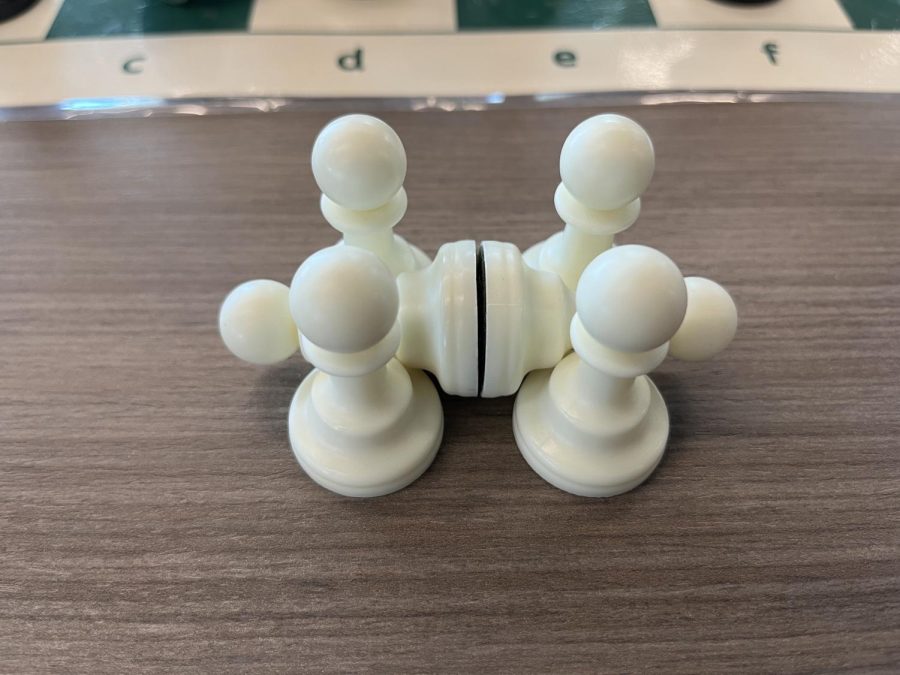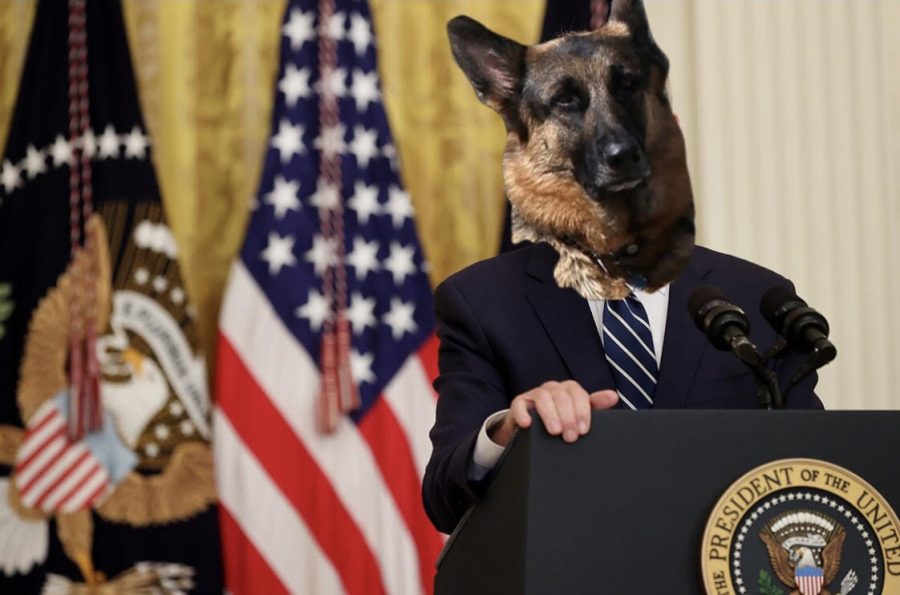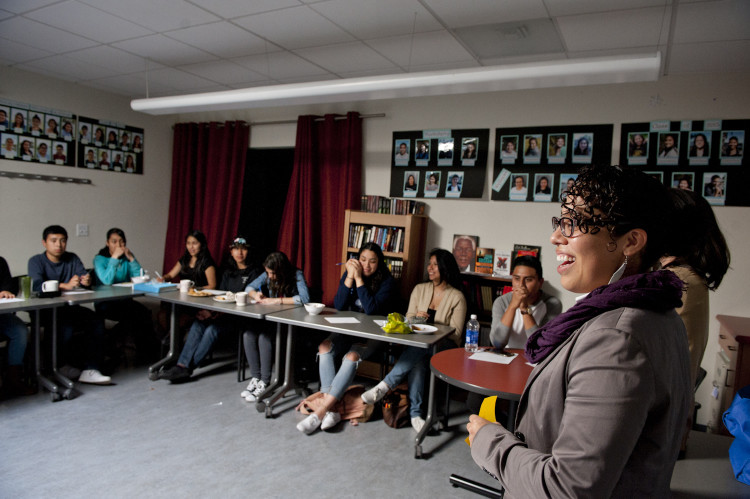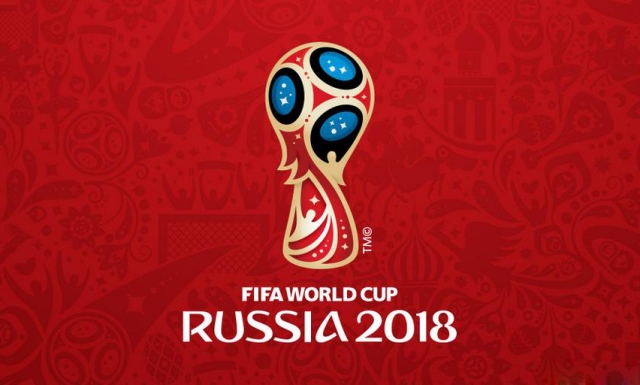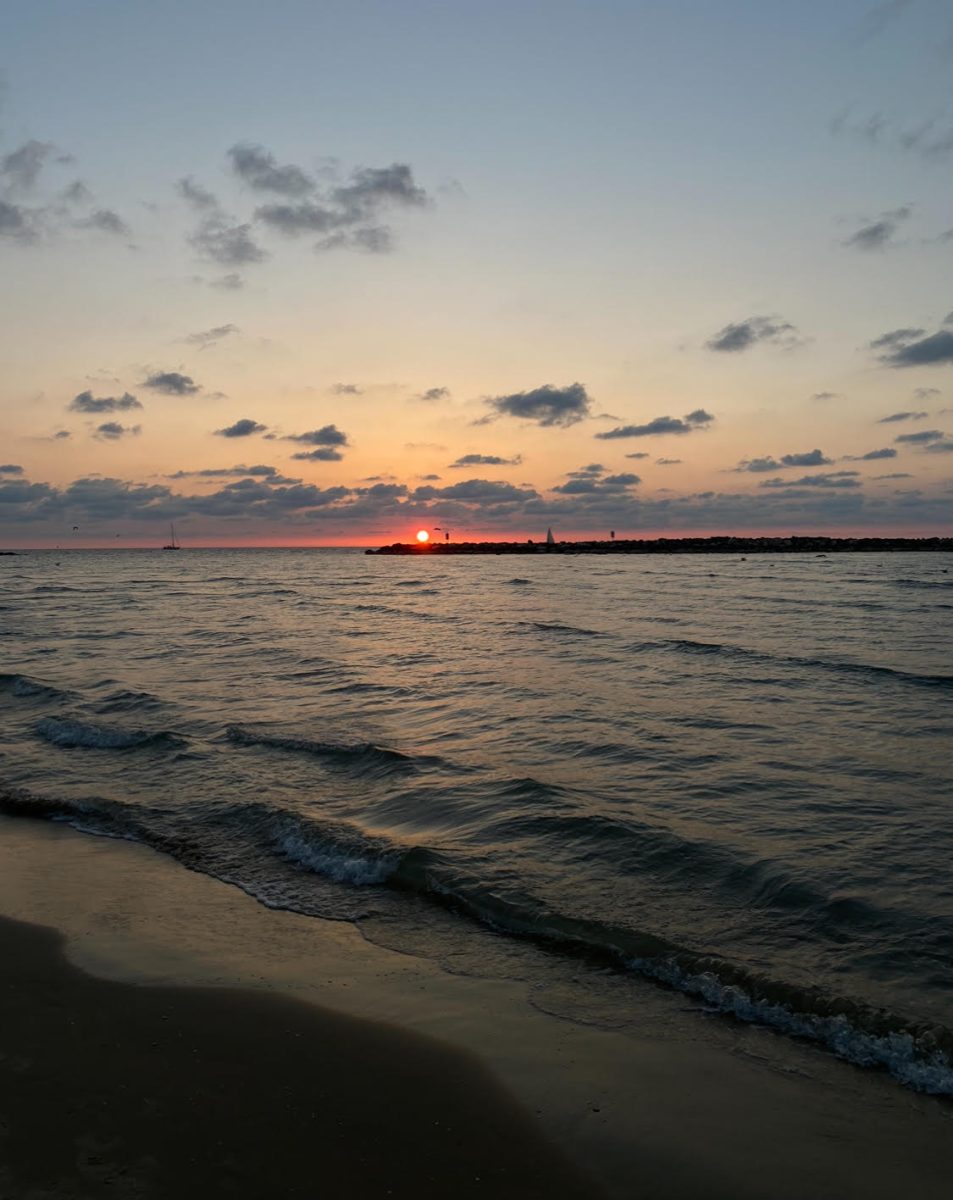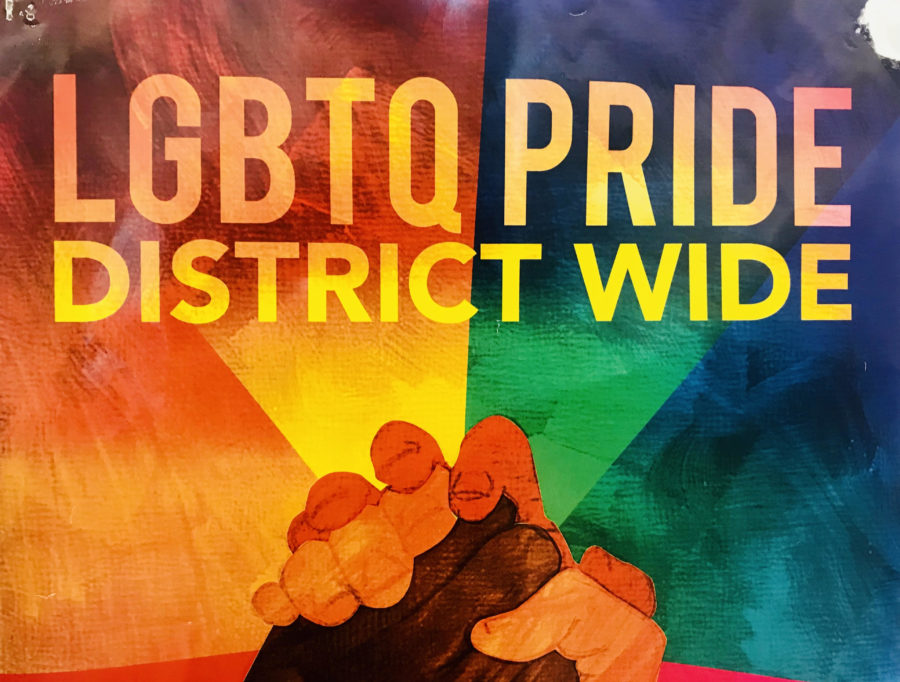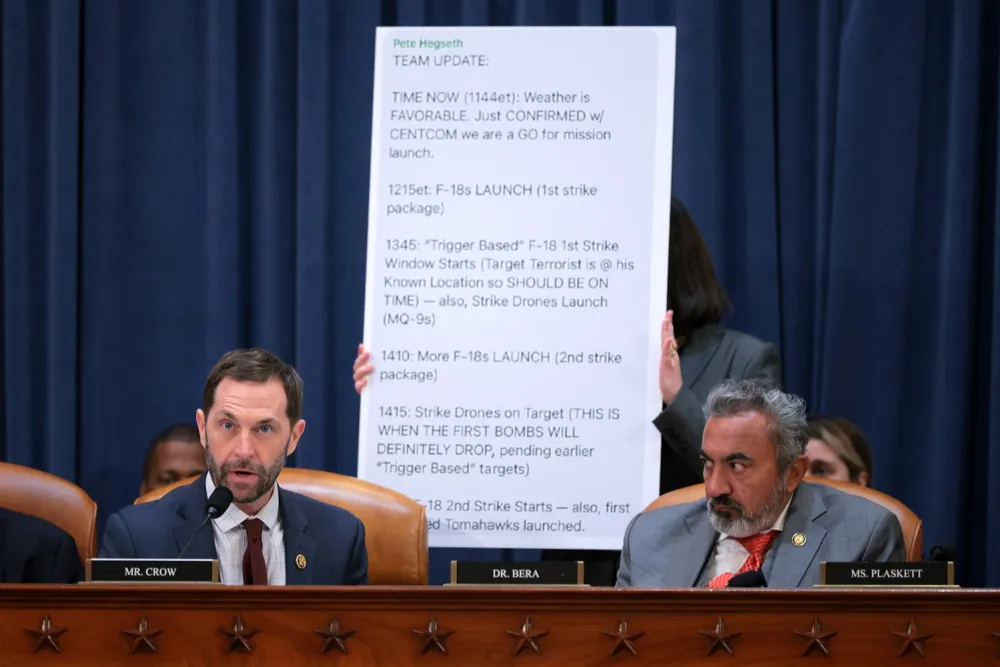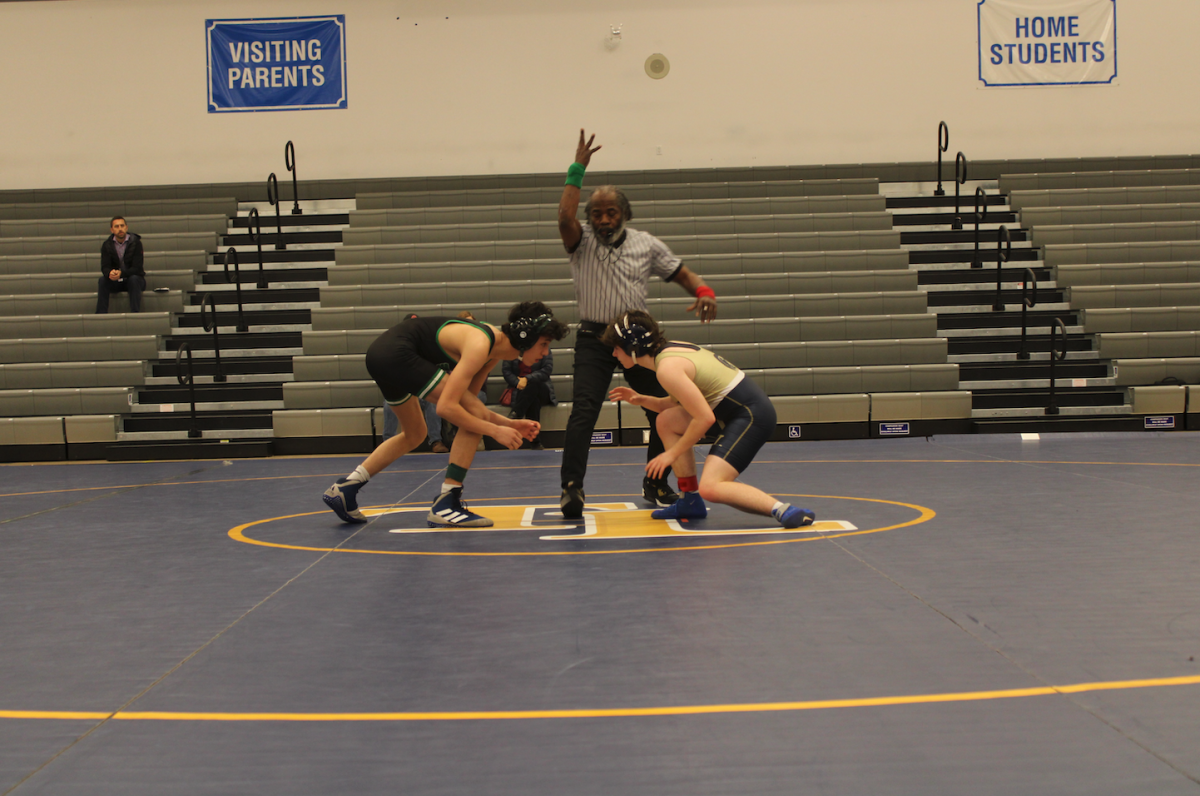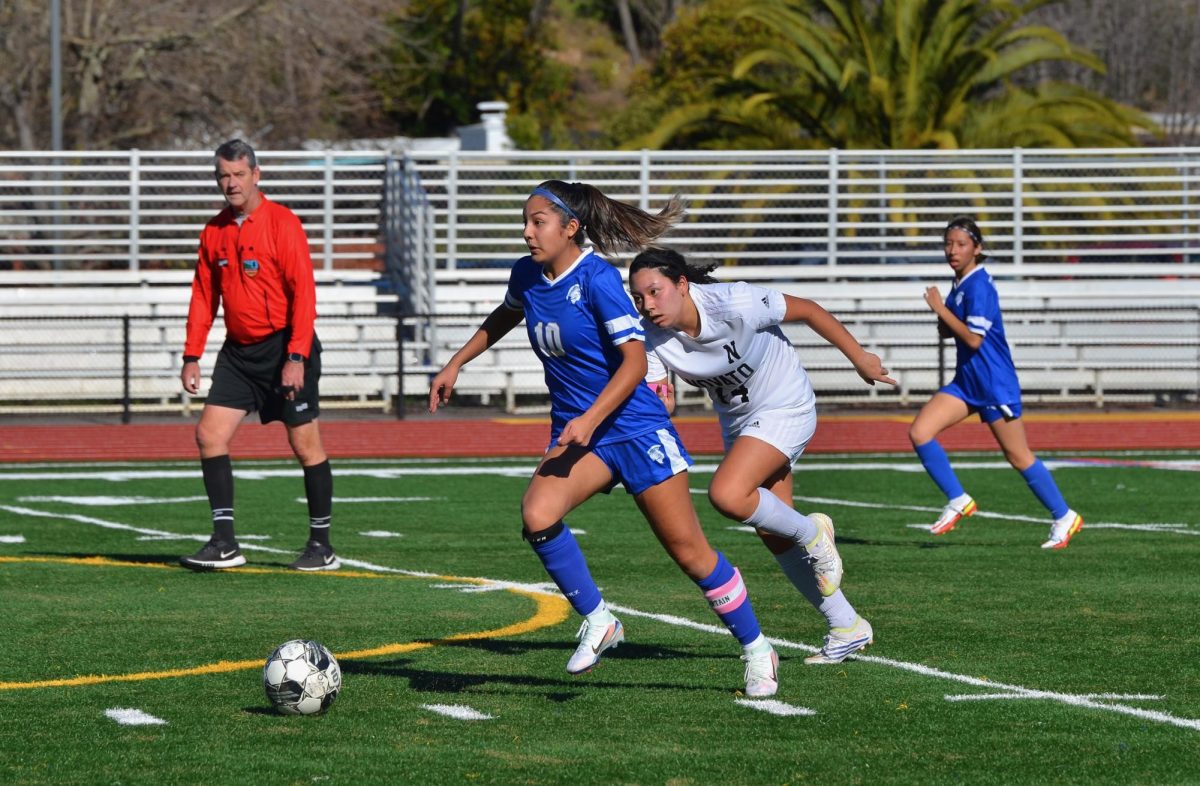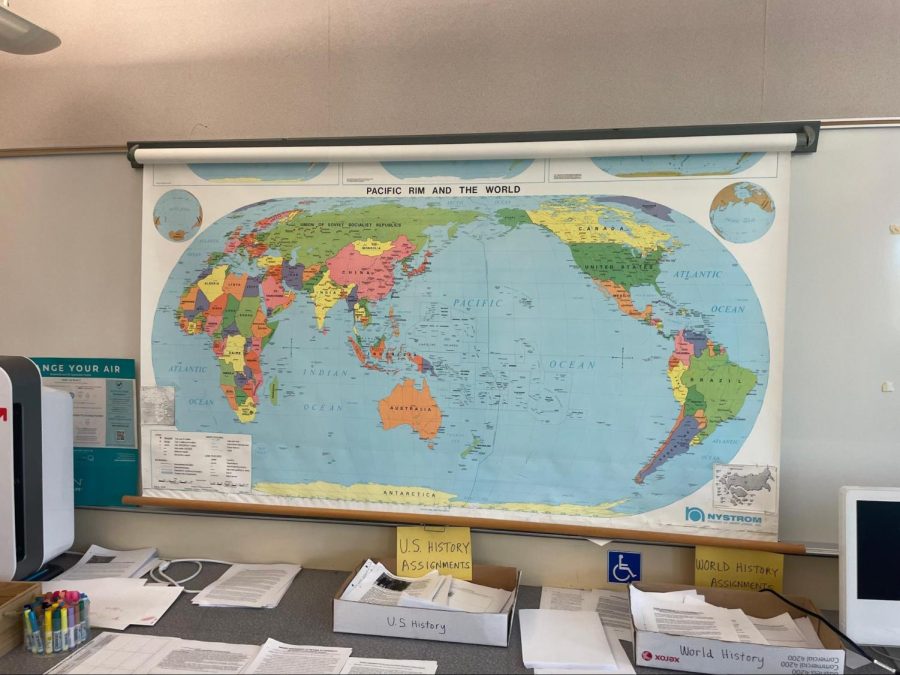Why is the World History Curriculum So Incomplete?
December 6, 2022
Each year, Terra Linda High School sophomores are required to take a World History class mandated by the state of California to teach students about relating the moral and ethical principles in ancient Greece and Roman philosophies, Judaism, Christianity, and the development of Western political discourse. Within the curriculum, students are instructed to compare and contrast the Revolution of England, the American Revolution, and the French Revolution and their effects worldwide.
Moving chronologically, students analyze the effects of the Industrial Revolution in England, France, Germany, Japan, and the United States. Later in the year, students will analyze and discuss the First World War, and learn about WWI’s consequences. Topics of totalitarianism and international developments are also discussed in class.
Even though a range of topics are discussed in World History classes some teachers at TL acknowledge the lack of certain countries they don’t talk about very much in their classes. A World History Teacher at TL, Joshua Rosenberg acknowledges, “I should be going more into Latin America.” There is no doubt that students are focusing on Europe. “The U.S is very Eurocentric,” indicates the teacher Librarian, Kendra Rose. The way history is taught has affected how we see the world, however this hasn’t just affected the way we learn about history and the world, it has also affected the way we understand the world from science to politics. An example as to way it has affected the way we understand the world is in classrooms, Asian, African, and Latin American histories are examined solely through the perspective of European expansion rather than the perspective of their own contributions.
Rosenberg says, “I got you for 185 days, three days a week I see you, so it does mean you would have to ease off something else.” So this raises the question, what could we truly ease off of in our required curriculum? TL’s History Teacher, Tyler Blake, explains “I think we’re going to go into Nigeria, I have the materials for that. We’re definitely going to go into India.” He expanded by telling us he’s taking a different route this year, so he’s able to talk to his students more about the world rather than just Europe and the U.S.
Even though teachers follow the California curriculum standard they do their best to try to incorporate a new unit at the end of the year. “Last year when I had Coleman he taught us about the Palestine and Israel War.” recounts fellow Junior Natalia Alvarez. The Palestine and Israel War/Wars are a continuous conflict today in our world’s societies. This relates to the focus of other countries being taught in our curriculum rather than just Europe but it could also be taught in a way where we can drive our focus towards the conflict of the war to today.

